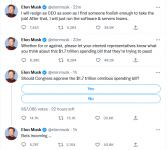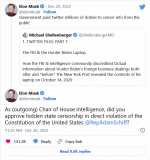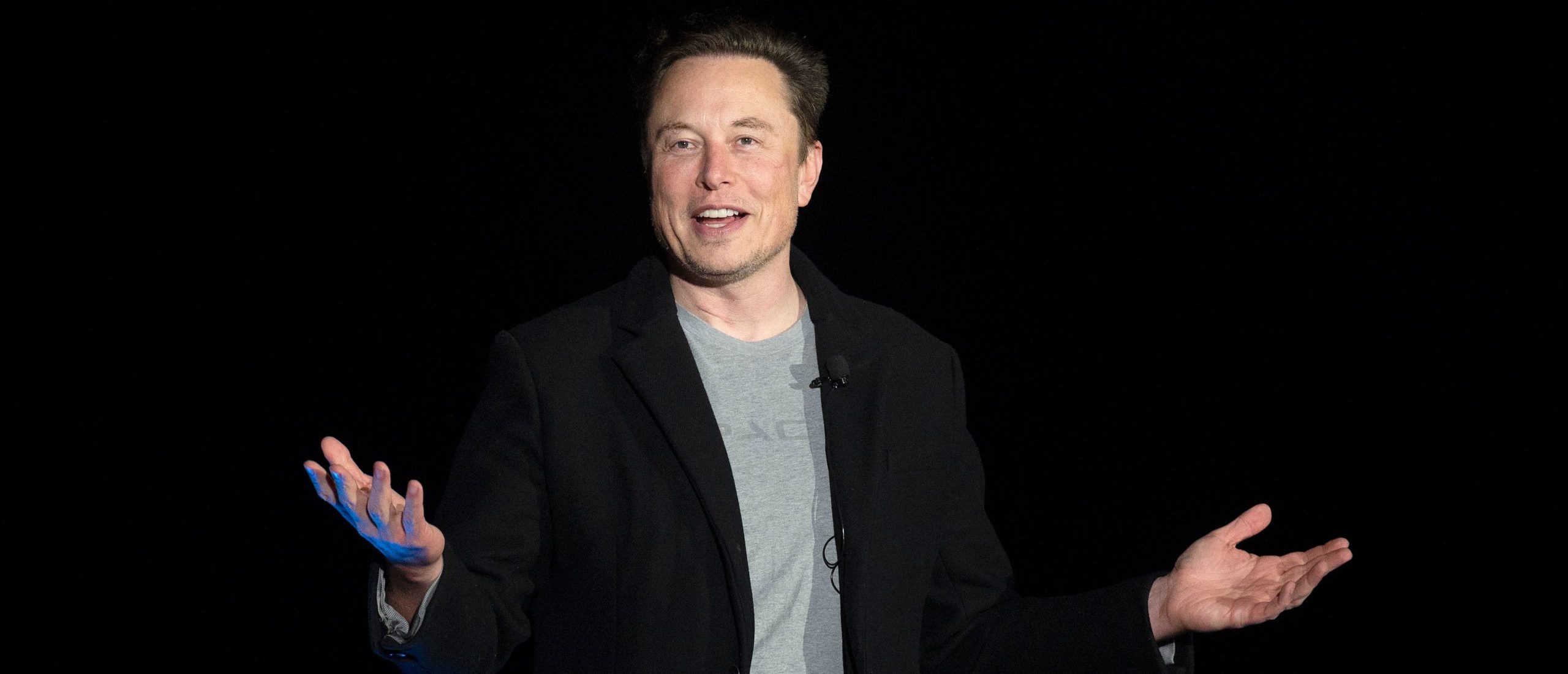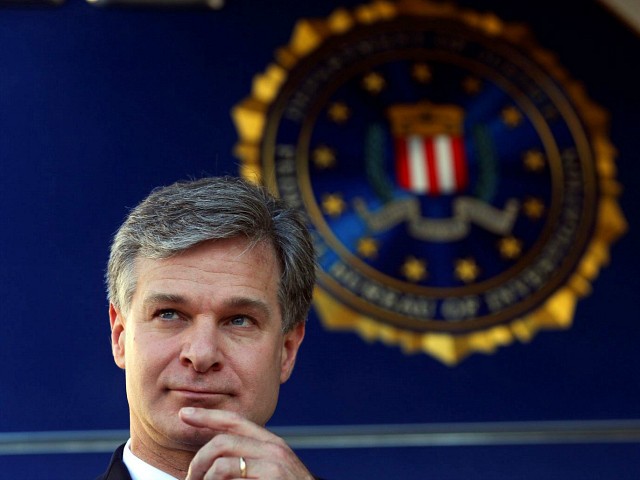ature.com
Twitter changed science — what happens now it’s in turmoil?
Stokel-Walker, Chris
In November, Vince Knight decided he’d had enough of Twitter. After more than a decade on the social-media platform, Knight — a mathematician at Cardiff University, UK — was concerned about the site’s direction under its new owner, entrepreneur Elon Musk, who began laying off vast numbers of staff shortly after he acquired it.
“Twitter is getting uncomfortable,” wrote Knight on the platform; he then jumped ship to Mastodon, a competing service. He says he simply didn’t want to support Musk’s Twitter any more.
The past few weeks have been tumultuous for Twitter. After Musk laid off staff, the site has repeatedly malfunctioned as the remaining engineers have struggled to keep on top of issues. Musk has also said he wants to take the platform in a new direction, encouraging accounts that were previously banned to return. Some reports, including one from researchers at Tufts University in Medford, Massachusetts, say abuse is rising on the platform (see
go.nature.com/3vcgpfw).
On 11 December, Musk tweeted that his “pronouns are Prosecute/Fauci” in an apparent attempt both to mock the transgender and gender-nonconforming rights movements and to
malign the departing director of the US National Institute of Allergy and Infectious Diseases, Anthony Fauci, who has faced abuse and death threats for his role in advising the US government response to COVID-19.
Musk’s erratic and confrontational management of Twitter has worried many users, including researchers such as Knight. For hundreds of thousands of scientists, Twitter is a sounding board, megaphone and common room: a place to broadcast research findings, debate issues in academia and interact with people who they wouldn’t normally meet up with.
“I would never be able to know so many scientists without it,” says Oded Rechavi, who works on transgenerational inheritance at Tel Aviv University in Israel. “It increases democracy in science and gives you more opportunities, no matter where you are.”
Since the site’s founding in 2006, Twitter executives have often asserted that it aims to be nothing less than a ‘public town square’ of communication; it now claims almost 250 million daily users. At that scale, abuse, misinformation and bots have been ever-present, but for many researchers, the advantages of rapid, widespread communication to each other and an engaged public outweighed these problems.
The threat of Twitter changing radically under its new management, or perhaps disappearing altogether, has raised concerns and questions for researchers. How well has this vast social-media platform benefited science, and to what extent has it harmed it? If it disappears, would researchers want to recreate it elsewhere?
Twitter’s influence on science
No one knows how many researchers have joined Twitter, but this August, Rodrigo Costas Comesana, an information scientist at Leiden University in the Netherlands, and his colleagues published a data set of half a million Twitter users
1 who are probably researchers. (The team used software to try to match details of Twitter profiles to those of authors on scientific papers.) In a similar, smaller 2020 study, Costas and others estimated that at least 1% of paper authors in the Web of Science had profiles on Twitter, with the proportion varying by country
2.
A 2014 Nature survey found that 13% of researchers used Twitter regularly, although respondents were mostly English-speaking and there would have been self-selection bias (see
Nature 512, 126–129; 2014).
Even though many researchers aren’t on Twitter, the platform has a major role in science communication, according to several studies. “Typically, about one-third of all the scientific literature gets tweeted,” says Costas, pointing to a 2020 study
3 that analysed 12 million papers from 2012–18; by 2018, the proportion tweeted had nearly doubled from 2012 levels, to almost 40%. And during the SARS-CoV-2 pandemic, more than half of all journal articles on COVID-19 published up to April 2021 were mentioned at least once on Twitter
4.
All of this tweeting hasn’t necessarily led to engagement, however: a pre-pandemic study by Costas and his team analysed 1.1 million links to scholarly articles posted on Twitter up to September 2019. They found that half of those posts drew no clicks to the underlying research, whereas 22% received only one or two clicks
5.
But for many scientists, Twitter has become an essential tool for collaboration and discovery — a source of real-time conversations around research papers, conference talks and wider topics in academia. Papers now zip around scientific communities faster thanks to Twitter, says Johann Unger, a linguist at Lancaster University, UK, who notes that extra information is also shared in direct private messages through the site. And its limit on tweet length — currently 280 characters — has pushed academics into keeping their commentary pithy, he adds.
The social platform has flattened hierarchies, throwing people into conversations regardless of geography, seniority or specialism. “Academia is characterized by a lot of gatekeeping,” says Daniel Quintana, a psychologist at the University of Oslo, who has written an e-book on how scientists can use Twitter (
https://t4scientists.com). “Twitter provides a fantastic way to actually get your work out there.”
It has also given an influential voice to people who might otherwise be excluded, and has helped to broker support networks for those who don’t see people like them in their own departments, says Sigourney Bonner,
co-founder of the #BlackinCancer community and a PhD student at Cancer Research UK’s Cambridge Institute. “I didn’t meet a Black woman with a PhD until I started my own,” she says. Movements united by hashtags — from
#IAmAScientistBecause to
#BlackInTheIvory — have often seen Twitter acting as a rallying point for discussing key problems in academia, such as racism,
sexism, harassment and bullying.
Sigourney Bonner, who co-founded the #BlackinCancer community.Credit: Cancer Research UK
Because of its status as a pre-eminent public discussion network and its relatively open data, Twitter has become a hotbed for
researchers studying social reactions to world events — in particular, how information spreads on the network. A
Nature analysis of the Scopus database of scientific literature, for this article, found more than 41,000 articles and conference papers that mention Twitter in the title, abstract or keywords. That number has increased from just one in 2006 to more than 4,800 in 2022.
In a widely shared study from 2018, researchers at the Massachusetts Institute of Technology in Cambridge studied Twitter and found that false news stories on the site spread much faster than do true news stories — possibly because, they reported, the false news items had more ‘novelty’ than the true news
6. The false news also tended to arouse emotions such as fear, disgust and surprise.
And in a 2018 study of hate speech on Twitter, Manoel Horta Ribeiro, now a PhD student at the Swiss Federal Institute of Technology (EPFL) in Lausanne, and his colleagues found that users whose tweets contained hate speech tweeted more often than those who didn’t use such language, and were retweeted more frequently than their less-incendiary counterparts
7.
These studies and more point to the conundrums that Twitter poses for scientists and other users. Like other platforms that are financed mostly by advertisements, Twitter aims largely to retain people’s engagement and attention. Accordingly, Twitter’s discovery algorithm (which surfaces heavily discussed or shared messages on people’s timelines) “prioritizes a very particular type of content”, says Renée DiResta, who studies social networks and misinformation at the Stanford Internet Observatory in California. “People who maybe don’t necessarily have an institutional credential, but are adept at commenting on a particular topic, can capture public attention,” she says.
The idea of Twitter as a great democratizer also doesn’t always match reality, DiResta adds. Accounts with a large, established following have much greater reach than “your average science experts on the platform”, she says.
And although Twitter’s algorithms elevate humour, delight and entertainment, they can also encourage performative tweets, dismissive arguments and snide comments that veer into abuse. Real-time criticism can swiftly turn ugly, and users can easily butt in on others’ conversations, with hordes of people sometimes exhorted to insult and mock a specific target.
Twitter has always struggled to cope with how to moderate such rapid shifts in online conversation. It’s a problem that seems likely to worsen now that Musk has made cuts to the company’s staff and its safety systems.
Pandemic Twitter
This double-edged nature of Twitter has never been clearer than during the COVID-19 pandemic. Many academics built up large public followings through their expert analyses about SARS-CoV-2, and made fruitful connections as scientists rushed to understand the pandemic. “Twitter was a really powerful way to do rapid science in some of the areas that we were working,” says Carl Bergstrom, an evolutionary biologist at the University of Washington in Seattle. For instance, one of his most important early collaborators in trying to understand and model COVID-19 through Twitter was a hockey statistician, Bergstrom says.
At the same time, prominent COVID-19 researchers experienced insults, abuse and sometimes,
as a 2021 Nature survey showed, death threats — often through Twitter (see
Nature 598, 250–253; 2021). Meanwhile, some researchers on the site oversimplified information, posted alarmist analyses or shared outright disinformation, Bergstrom adds. And despite Twitter’s self-styled reputation as a public town square — where everyone gathers to see the same messages — in practice, the pandemic showed how users segregate to follow mostly those with similar views, argues information scientist Oliver Johnson at the University of Bristol, UK. For instance, those who believed that COVID-19 was a fiction would tend to follow others who agreed, he says, whereas others who argued that the way to deal with the pandemic was to lock down for a ‘zero COVID’ approach were in their own bubble.
Information scientist Oliver Johnson, who gained a Twitter following of more than 40,000 during the COVID-19 pandemic.Credit: Chrystal Cherniwchan
Bergstrom thinks the positives of Twitter outweighed the negatives. During the pandemic, it gave the public more transparency about the uncertain process of science progressing in real time, he says. And if some audiences wanted to leap on to messages of scientific certainty where there was none, that wasn’t Twitter’s fault, he adds.
“I don’t think we’ve done a good job of talking in school science classes about the process of doing science, and explaining to people how the social process of science operates,” he says. “When you actually see science in the making, it looks very, very different.”
Days after Bergstrom spoke to
Nature, however, he locked his own account after Musk’s mocking tweet about Fauci. “You can’t have meaningful and productive scientific collaboration on a platform run by [a] right-wing troll who denies science when its results are inconvenient to him and just simply to hear his audience cheer,”
he wrote on Mastodon.
Evolutionary biologist Carl Bergstrom, who left Twitter in December 2022.Credit: Kris Tsujikawa
Public square, private land
Besides Musk’s personal views, his changes to Twitter have worried plenty of scientists — particularly because he fired many people who work on content moderation. Scientists have noted, in particular, a Twitter announcement on 23 November that it would
stop enforcing its COVID-19 misinformation policy. And there have since been
reports that hate speech on the platform is increasing, including in areas such as
climate science.
“We’ve been having conversations about if Twitter is now a safe place for our organization to exist, because of the way it’s changing,” says Bonner. “At this moment in time, I don’t know.”
Information scientist Stefanie Haustein at the University of Ottawa in Canada, who has studied the impact of Twitter on scientific communication, says the changes show why it’s concerning that scientists embraced a private, for-profit firm’s platform to communicate on. “We’re in the hands of actors whose main interest is not the greater good for scholarly communication,” she says.
Researchers leaving the platform will probably try to find a similar social-media replacement, says Rechavi. “I imagine that if Twitter stops being the place for scientists to be, then it’ll be replaced by something else,” he says. “I just can’t imagine going back to being disconnected from the rest of the science world.”
But Bonner says she doesn’t think there’s yet a space similar to Twitter. Dynamics on Instagram, where #BlackinCancer has a foothold, are drastically different, with less conversation and less reading of posts. And on
Mastodon, the open-source alternative to Twitter that Bergstrom and Knight joined, users can post longer messages, but the dynamics of the platform deliberately make it harder to discover or encounter messages from users one doesn’t directly follow, making communities more siloed and fragmented. (User numbers are still tiny compared with Twitter, estimated at some 2.5 million in early December.)
“A social network is always only successful if it’s got enough people, and if it’s got the right people,” says Haustein. “It requires millions of people to move from one place to the other.” Even if that happens, she says, you need to rebuild the same networks and structures that existed on Twitter — which is proving hard because of the way that control of Mastodon is distributed across servers, making it difficult for those who were on Twitter to reconnect.
Still, Quintana is hopeful: “Despite the fact that I’ve probably got ten times more followers on Twitter, the stuff that I posted is getting about the same amount of engagement on Mastodon,” he says.
For many, the tweet about Fauci was a final straw. Afterwards, a fresh wave of scientists decided to leave Twitter. But some are encouraging their colleagues to stick around. Rechavi emphasizes that Twitter has had a crucial role in research: “I hope it survives,” he says.
And, although the platform’s worst qualities are becoming more common, say researchers who spoke to
Nature for this article, there is still a need for trained scientists to provide their expertise and point people to the best sources of evidence-based information. In reply to Bergstrom’s farewell, Trish Greenhalgh, a health scientist at the University of Oxford, UK, argued that people like him are still needed, and that
she feels duty-bound to carry on: “We can and must stick around and post sensible scientific tweets. I’m staying.”
The microblogging platform has transformed research communication, but its future is in doubt.

www.nature.com

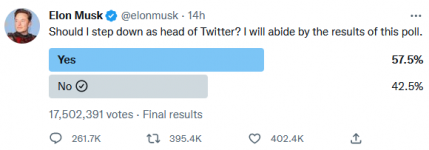


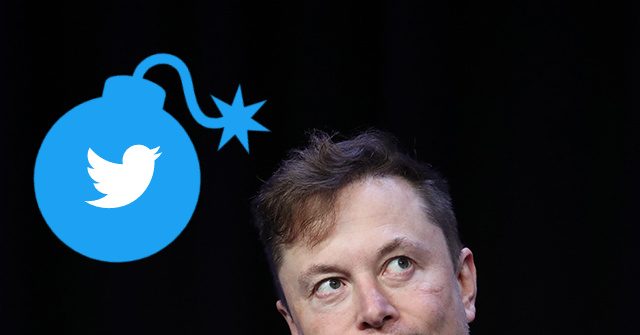


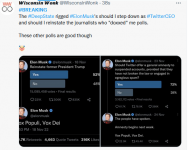
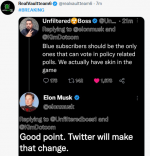

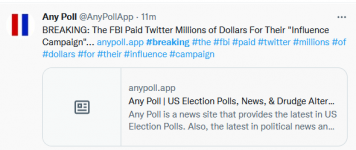
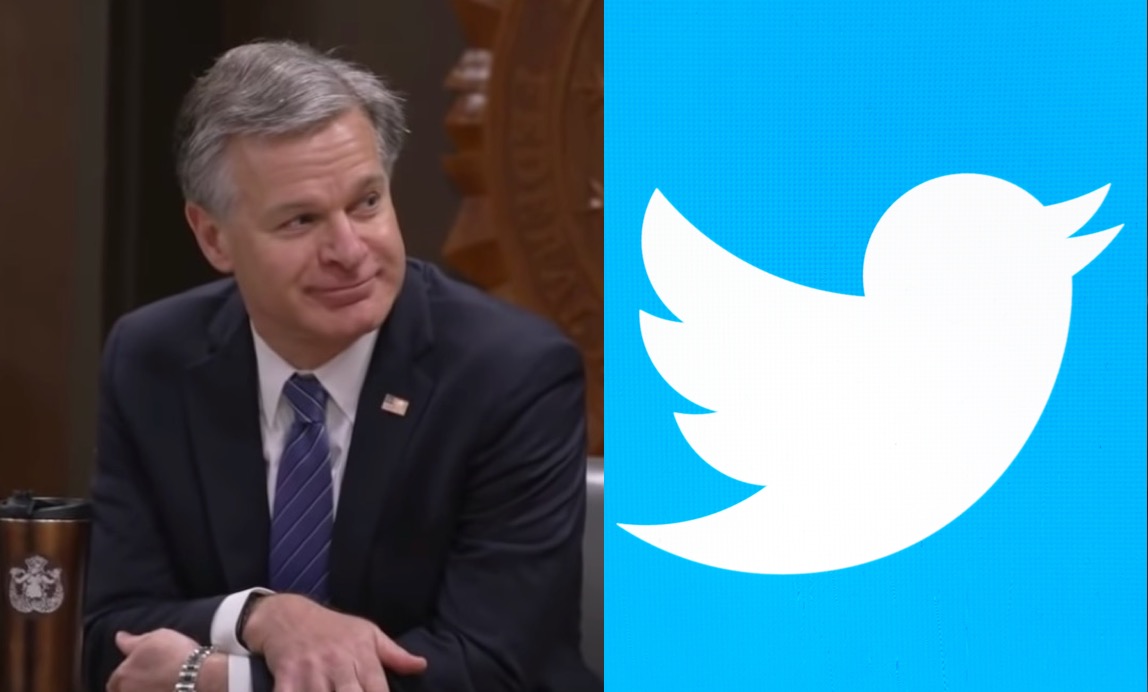



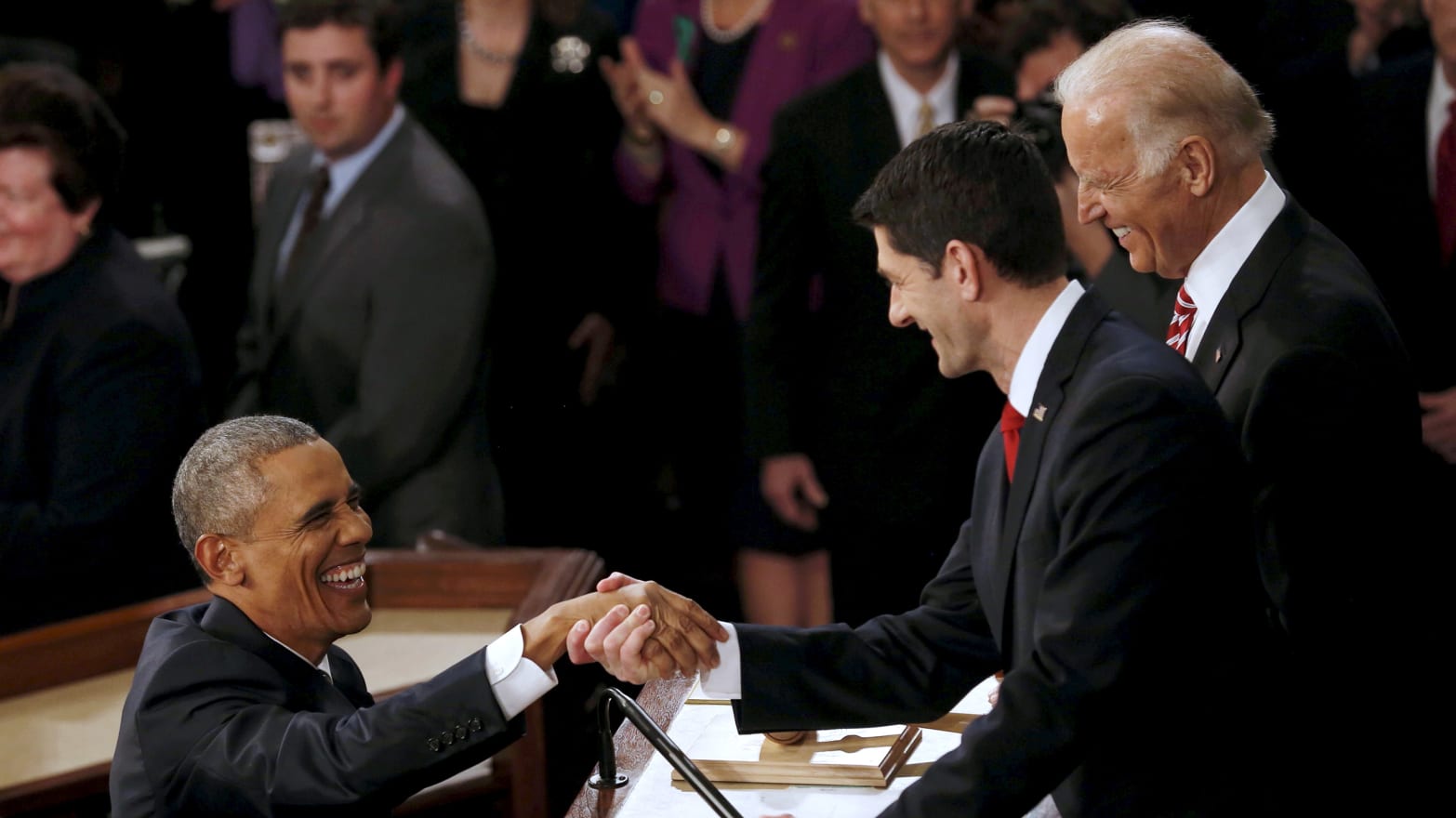


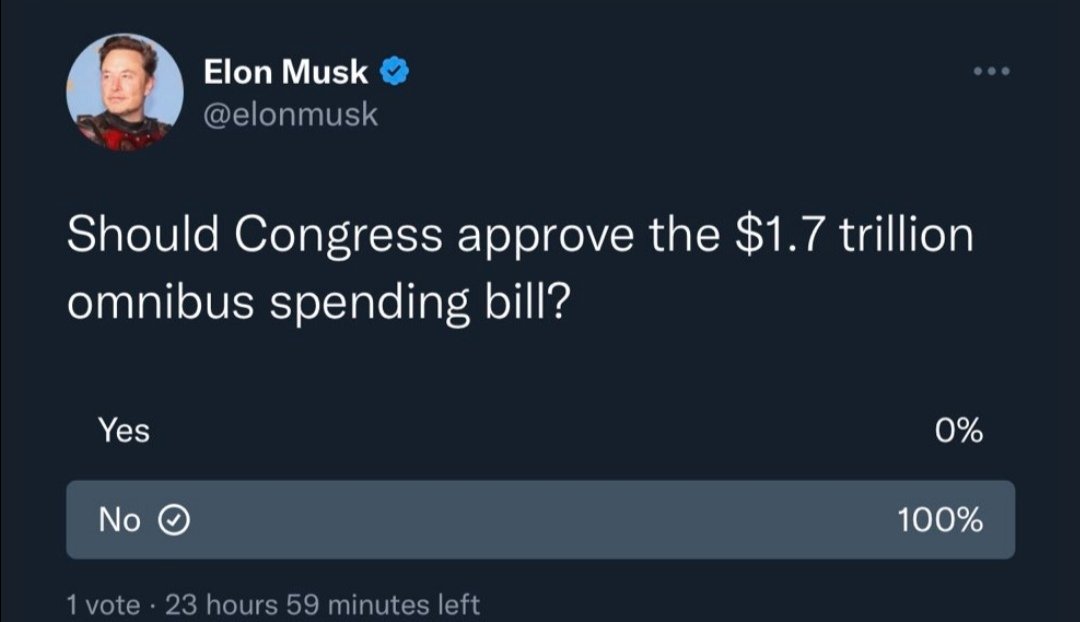
/cloudfront-us-east-2.images.arcpublishing.com/reuters/7LNDLFWXSBM67O4Y5JY6OQ54ZA.jpg)
